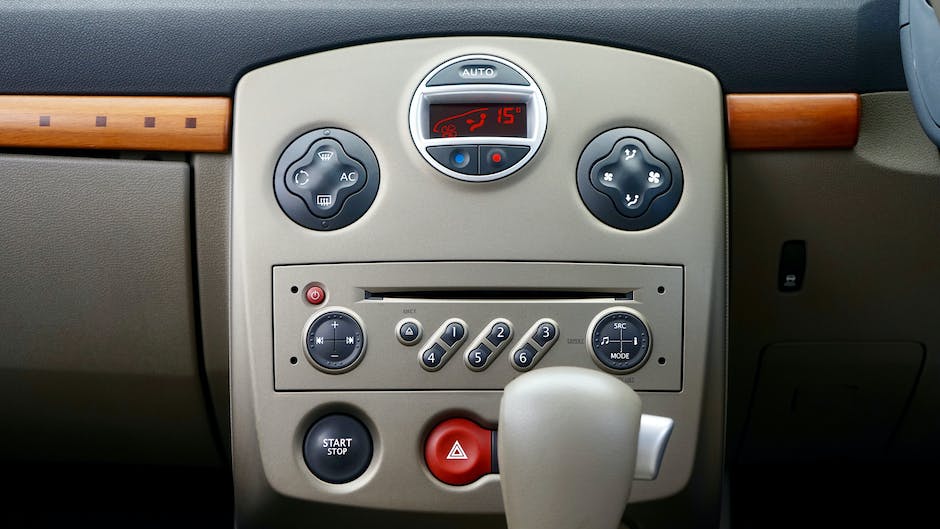Auto insurance is an essential component of responsible vehicle ownership, providing financial protection against potential damages or losses. One common question many policyholders have is: Can I change car insurance before the renewal date?
The simple answer is yes, you can, but understanding this auto insurance process and its implications can save you time, money, and unnecessary complications.
Understanding Your Rights as a Policyholder
As a policyholder, you have the right to switch your auto insurance provider at any time – not just when your policy is up for renewal. This might occur for a variety of reasons, such as finding a cheaper quote from another insurer, being unsatisfied with the service provided by your current insurer, or requiring a different level or type of coverage.
Factors to Consider Before Changing Auto Insurance Providers
Now that we’ve shed light on the question, “Can I change car insurance before the renewal date?” it’s essential to tackle the key factors in changing auto insurance.
While changing your auto insurance provider is perfectly within your rights, there are several factors to consider before making this decision.
-
Potential Savings: Compare quotes from several insurance providers to ensure that you are getting the best deal. Remember to compare like-for-like coverage.
-
Coverage Level: Ensure that the new policy offers the same level of coverage, if not more. You don’t want to find yourself underinsured simply because you were trying to save a few dollars.
-
Customer Service: Quality customer service is crucial. Check online reviews or ask friends and family about their experiences with the prospective insurance provider.
-
Cancellation Policy: Some insurance companies may charge a fee for cancelling your policy before the renewal date. Be sure to check your current policy's terms and conditions.
Reasons for Switching Your Car Insurance Mid-Policy
Policyholders might decide to switch car insurance providers mid-policy due to various reasons, some of which include:
-
Financial Savings: You may find another insurance provider offering similar coverage at a lower price.
-
Improved Customer Service: You might not be satisfied with your current insurer's service and have found another company with better reviews and ratings.
-
Enhanced Coverage: Your needs may have evolved, and a different policy might offer better-suited coverage.
Potential Drawbacks of Switching Mid-Policy
While switching your car insurance mid-policy can have benefits, it's also essential to consider potential drawbacks:
-
Cancellation Fees: Some insurers might charge a cancellation fee if you decide to cancel your policy before its renewal date. It's crucial to weigh this against potential savings from the switch.
-
Rate Increases: If you've made recent claims or acquired driving violations, switching insurers might not yield lower premiums.
Steps to Switch Car Insurance Mid-Policy
If you've evaluated your situation and decided to switch, follow these steps to ensure a smooth transition:
Step 1: Shop Around
Look for insurance providers offering better deals in terms of cost, coverage, or customer service.
Step 2: Check for Penalties
Review your current policy to see if there are any penalties for cancelling before the renewal date.
Step 3: Purchase Your New Policy
Before canceling your current policy, make sure your new policy is in place to avoid any gap in coverage.
Step 4: Cancel Your Current Policy
Inform your current insurer of your decision to cancel. Ask for a written confirmation to ensure that the cancellation has been processed.
Frequently Asked Questions
1. Will I get a refund if I cancel my auto insurance policy early?
If you've paid your insurance premiums in advance, you're typically entitled to a refund of the unused premium. However, some insurers may charge a cancellation fee.
2. Will canceling my auto insurance policy impact my credit?
Canceling your auto insurance policy in itself does not impact your credit. However, if you have unpaid premiums and your account goes to collections, it could affect your credit score.
3. Will changing auto insurers affect my relationship with my current provider?
If you decide to switch back to your previous insurer in the future, they will likely welcome your business. However, it's always a good idea to maintain professionalism and courtesy during the cancellation process to preserve a positive relationship.
4. What is the best time to switch car insurance?
While you can switch car insurance at any time, it's often simplest at your policy renewal date. However, if the savings are significant, it can be worth switching mid-policy.
5. Can switching car insurance mid-policy lead to cheaper premiums?
Potentially, yes. If another provider offers the same coverage level at a lower price, you can save money by switching. But remember to factor in any cancellation fees.
Conclusion
We hope this guide has discussed everything you need to know about this frequently asked question: “Can I change car insurance before the renewal date?”
Being able to change your auto insurance provider before the renewal date offers the flexibility to adapt to changing circumstances and needs. However, careful consideration is key to ensuring a seamless transition and maintaining adequate coverage.
As a policyholder, being proactive and informed about your options and rights will serve you well in the pursuit of the most effective insurance solution. To learn more about insurance claim and settlement, head over to Keep Driving today!







